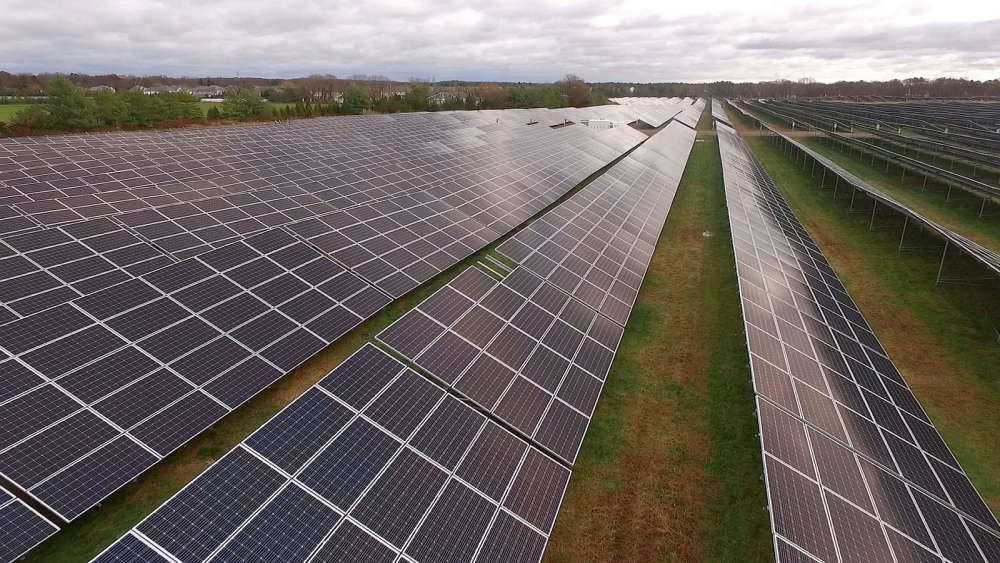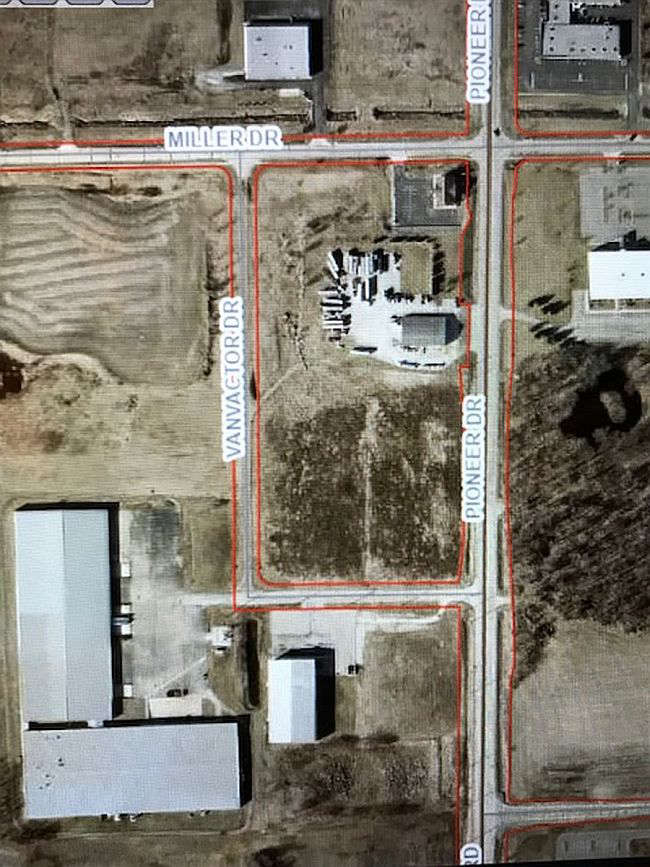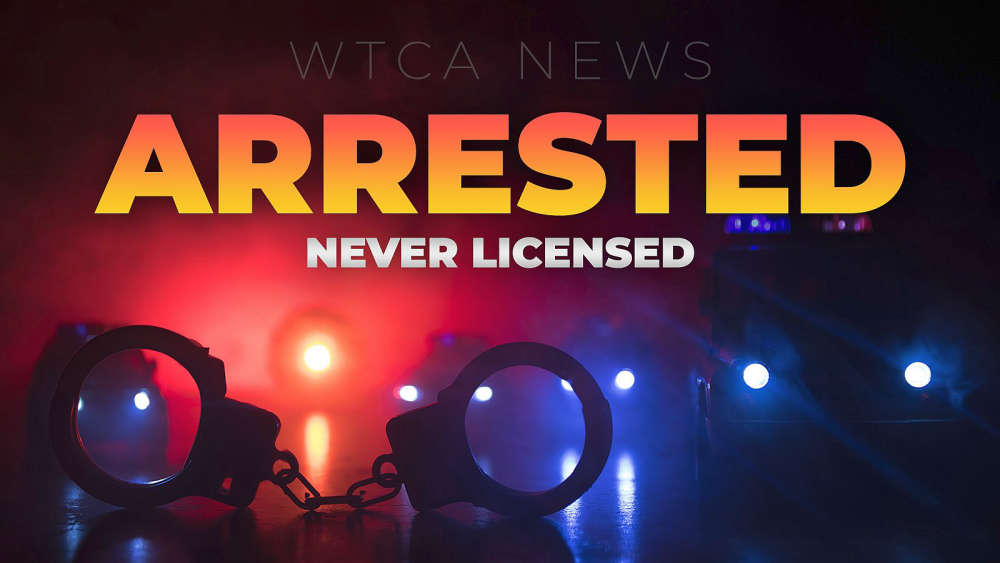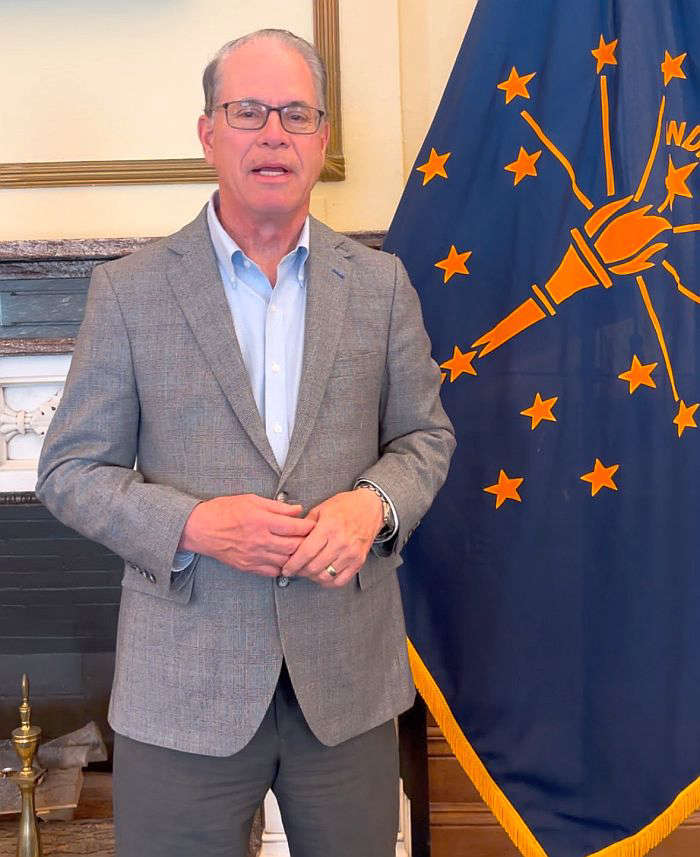
The Communications Analyst at Invenergy contacted GIANT fm WTCA after reading a recent article about the County Council’s votes to file injunctions against the county’s decommissioning agreement and Commissioner Kevin Overmyer’s conflict of interest.
Project Developer Ethan Sternberg told WTCA in an email that Tamarack Solar Energy Center is not related to another developer’s proposed Battery Energy Storage System (BESS) project in Marshall County, and their solar project is not dependent on any BESS. He also said, “The Tamarack Solar Energy Center is an independent power generation facility. We only work with landowners who have chosen to participate in the project. Landowners will retain complete ownership of their land.”
Sternberg went on to say that, throughout its lifespan, the Tamarack project will invest over $100 million in the Marshall County community through local tax revenue, leaseholder payments, and employee wages and benefits.
Tamarack’s attorney, Alan Townsend filed a seven-page letter to the Marshall County Council and a copy to their attorney, Marcel Lebbin, on Tuesday, October 15th. The letter states, “My client and I are very concerned because many of the statements made by the Council at the October 10th meeting to justify filing a lawsuit were factually and/or legally incorrect.” It goes on to say, “Some members of the Council have repeatedly and publicly stated their goal is to block the project from receiving required county approvals.”
The lawyer’s letter highlights five false claims. #1 County Commissioner Kevin Overmyer has a contractual relationship with Invenergy/Tamarack that creates a financial conflict of interest. The lawyer's response. “Commissioner Overmyer receives no financial benefit if the Tamarack project is approved or built.” Claim # 2 The Commissioners do not have the authority to approve the Decommissioning agreement. Townsend’s response, “Under Indiana law, only the County Commissioners can contractually bind the County.” False claim #3 “Tamarack will sell the solar project to a public utility that will ‘take’ the participating landowners’ property through eminent domain.” The lawyer responded that public utilities can’t use eminent domain to deprive landowners of the benefits of their lease payments for a solar farm, and there is no history of this happening in Indiana. Claim # 4 “The Tamarack project will not pay property taxes, and any land seized through eminent domain by Tamarack or a public utility will not pay property taxes.” Townsend said Tamarack, like all utility-scale solar generation projects, will pay property taxes in Indiana. The fifth false claim, “It is inappropriate or unlawful for Invenergy/Tamarack to reimburse the County for costs associated with County approvals. The response from Invenergy’s lawyer was that no law prevents the commissioners from contractually agreeing to have the county reimbursed for its administrative and legal costs related to Tamarack’s project.
In closing, Tamarack’s Lawyer Alan Townsend said, “My client and I hope this information is helpful. We further hope that the Council will refrain from further interfering with the Commissioners’ and BZA’s efforts to implement the terms of the Solar Ordinance. If not, Invenergy/Tamarack respectfully reserves all rights under the law against the Council.”


 Board of Public Works & Safety confronted on VanVactor Drive name change, asked to change it back
Board of Public Works & Safety confronted on VanVactor Drive name change, asked to change it back
 County Police arrest Grand Rapids man for driving without a license
County Police arrest Grand Rapids man for driving without a license
 66-year-old Plymouth man arrested for intentionally driving without a license
66-year-old Plymouth man arrested for intentionally driving without a license
 Bourbon teen arrested, driving 102 MPH on U.S. 30
Bourbon teen arrested, driving 102 MPH on U.S. 30
 Marshall County Communiity Foundation awards spring 2025 grants
Marshall County Communiity Foundation awards spring 2025 grants
 Become a lifesaving volunteer by giving blood with the Red Cross
Become a lifesaving volunteer by giving blood with the Red Cross
 Motorists: stay alert and share the road with farm equipment this spring
Motorists: stay alert and share the road with farm equipment this spring
 Governor Braun Announces Partnership between Indiana Excise Police, Indiana State Police to crack down on crime involving ‘nuisance bars’
Governor Braun Announces Partnership between Indiana Excise Police, Indiana State Police to crack down on crime involving ‘nuisance bars’




